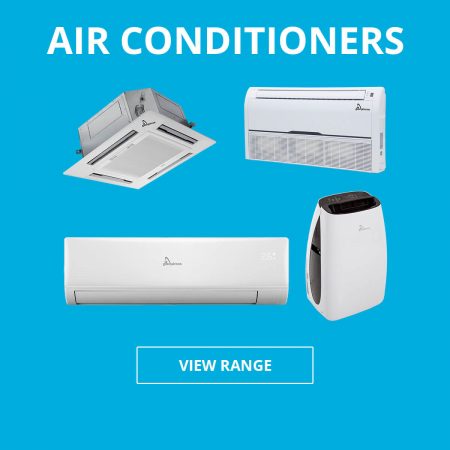Freons are hydrocarbons that are actively used in various fields of production. Freons are mainly used in refrigeration units (refrigerators, air conditioning systems, freezers). Experts count at least 50 types of freons with an individual set of properties and areas of application. So how much does Freon cost for air conditioner? We’ll answer that question below.
Air Conditioner Freon Refill Cost
Filling an air conditioner with freon is a popular service. After all, an insufficient amount of freon is difficult to miss – the air conditioner does not cool the air in the room. Of course, mainly home air conditioners are refueled in spring and autumn during preventive checks and maintenance of split systems, but for equipment installed in server rooms, in production that is used in winter, this is relevant all year round.
Filling the air conditioner with freon in an apartment is usually done quickly and takes no more than 30-60 minutes. Freon costs an average of $150 for a Freon refill. Most people pay between $100 and $350 for a refill, depending on the size and type of your HVAC unit. Older large r22 units can reach $600 or more. A 25lb jug of r410a runs $75 to $175. Labor adds an average of $70 per hour.
Physical properties of Freon
The main property of freons is the ability to absorb and release heat from the environment. As a rule, freons are colorless gases or liquids characterized by good solubility in non-polar organic solvents (but almost insoluble in water).
Chemical properties of Freon
Freons are chemically inert substances: they are not flammable and not explosive. However, if some freons are heated up to 250°C, poisonous gas phosgene (COCl2) will be released.
Refueling the air conditioner with freon is included in the complex of preventive maintenance — but it may also be necessary separately, for example, in the event of a refrigerant leak. The coolant evaporates gradually regardless of the presence or absence of a leak. The presence of the gas pressure required by the manufacturer in the system is very important — it directly affects both the efficiency of the equipment and its service life.
At least once a year, it’s necessary to call the service team to check the pressure in the system and general diagnostics of the equipment. Otherwise, you can lose the warranty on the equipment because in all operating instructions regular maintenance of air conditioning systems (including refueling) is a prerequisite for maintaining warranty obligations. Freon of various brands is used in air conditioning: R22, R410A, R404A, R407C.
Causes and signs of freon leaks in the air conditioner
- The split system consists of two blocks — external and internal, which are interconnected by copper pipes-freon route. The connection of the track with the blocks themselves is carried out with the help of nuts and rolling joints through which freon leaks. The tightness of these connections depends on the quality of the installation.
- Another source of freon leaks is cracks and fistulas that appear in the air conditioner itself. The reason for their occurrence is vibrations due to the operation of the compressor and fan, while the inner tubes are frayed.
- A leak may appear at the soldering point of the internal parts of the air conditioner, for example, the compressor.
Signs that indicate an insufficient amount of freon
- Cooling efficiency decreases – the fan of the indoor unit drives warm air
- The compressor runs non-stop at full load
- The inverter air conditioner goes into error and often turns off (the display shows a malfunction code)
- The service port located on the external block, where the liquid line comes in, is covered with ice
- Under the influence of freon pressure, oil appeared on the leaky connection
- Freezing of the indoor unit evaporator
